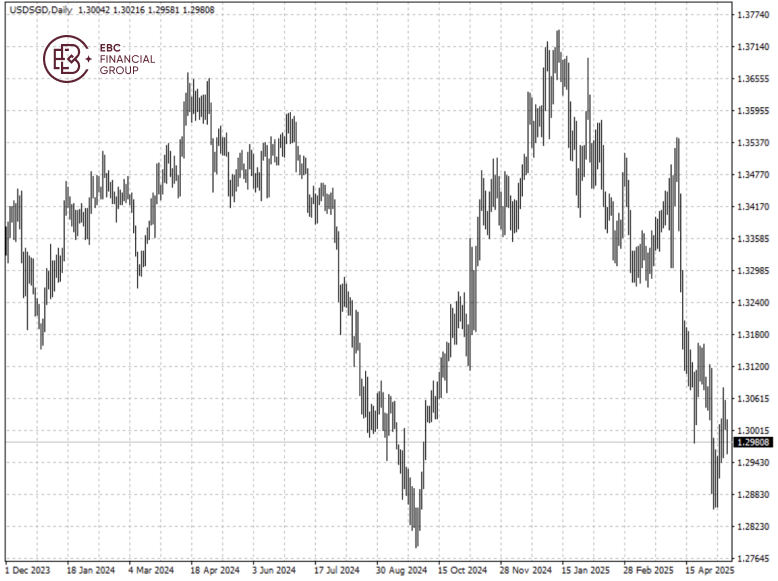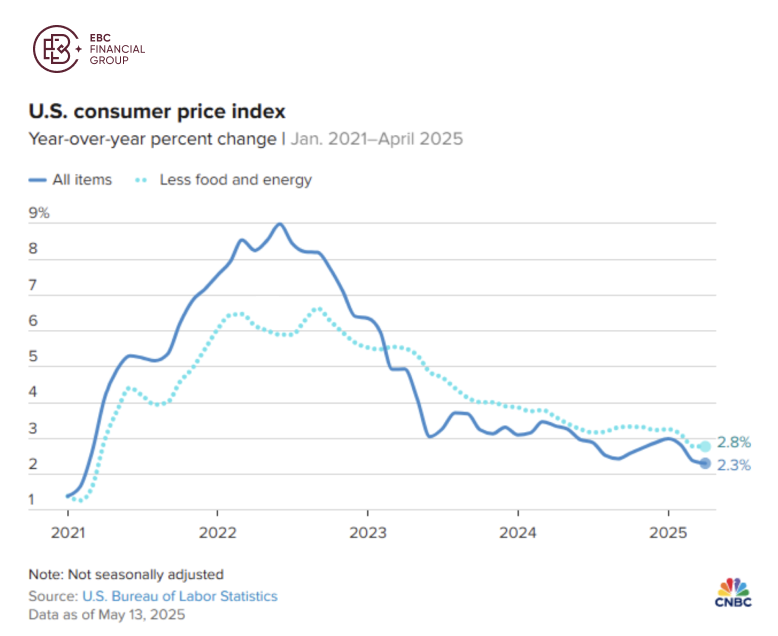The progress made in US-China talks in Switzerland was far greater than
expected, but it is too early to call the end of trade war. Even the trade shock
it has caused so far will have consequences.
Beijing will attempt to project to the rest of the world that it is now the
more reliable economic partner, while Washington may find it has some patching
up to do with its trading partners.
China's exporters are speeding up the exchange of dollars into yuan,
reversing a trend of exporters sitting on dollar revenues. The yuan rose to a
6-month high and breached a key threshold of 7.2.
While yuan-based hedges are often more expensive than those based on the
dollar, low interest rates on underlying yuan loans can mean the total cost is
still attractive for borrowers.
The relative stability of the yuan as a managed currency can reduce volatile
swings across Asia. A Bloomberg index of Asian currencies rose the most in
almost a week on Monday.

Their cheapness has become an asset as traders seek to capitalise on the
dollar's eroding premium status. Barclays analysts see significant scope for
gains in the Singapore dollars.
"Those currencies have been cheap for a long time," said Claudia Calich, head
of EM debt at M&G Investment Management. "It's finally started correcting a
little, but even then it's still relatively cheap."
Fears linger over economy
Global asset managers held their biggest underweight position in the dollar
in 19 years in May, as Trump's chaotic trade policy cut investor appetite for US
assets, BofA's global fund manager survey showed on Tuesday.
A quarter of respondents expect a hard landing for the economy, but this was
down from nearly 50% in April's survey, while a soft landing is now the base
scenario, according to 61% of those polled.
But the survey was mainly conducted by conducted before the Geneva
negotiations. The GDPNow model estimates the real GDP growth for Q2 at 2.3% as
of May 8 – a relief for the White House.
Goldman Sachs has just cut its recession forecast for the US to 35% from 45%,
the first major brokerage to do so. The bank expects the Fed to deliver just one
rate cut in December now.

CPI hit its lowest since February 2021 in April, slightly lower than
expected. Readings were a bit higher than in March though price increases remain
well off their highs of three years ago.
Economists figure that even with the easing of the 145% reciprocal tariffs
against China, inflation numbers could perk up again in the summer months,
though the degree to which that will happen is an open question.
BofA analysts added in a research note that new inflation reading "doesn't
really move the needle for the Fed" since the "impact from tariffs was not
expected to show up in the inflation data until May or June."
Waning faith in America
Trump's protectionist approach to trade and his repeated criticisms of the
Fed have all added to a sense that the dollar's dominant role in the global
economy is facing its biggest threat in decades.
Banks and brokers are seeing rising demand for currency derivatives that
bypass the dollar, as trade tensions add a sense of urgency to a years-long
shift away from the greenback.
The vast majority of forex trades use the dollar even if they transfer money
between two local currencies. Business are increasingly looking at strategies
that could skip the go-between.
Gold's growing popularity is also a vindication of de-dollarisation. The
yellow metal has gained more than 50% in its value since the beginning of 2024,
driven by lower rates and swelling debt in the US.
John Butler, a rates strategist at Wellington Management said, "This should
result in net capital outflows out of the US and into other markets, with
structural implications for the US dollar, equity and bond markets."
It entails risks to bet against US markets' long-term growth though. There
are limits to how far this trend can go, analysts say, given the depth and
liquidity of the near-$30tn Treasury market.
"Given the dollar's remarkable staying power, it would appear to require
truly epochal shifts in the international environment to displace it," wrote
Deutsche Bank analysts in a recent note.
Disclaimer: This material is for general information purposes only and is not
intended as (and should not be considered to be) financial, investment or other
advice on which reliance should be placed. No opinion given in the material
constitutes a recommendation by EBC or the author that any particular
investment, security, transaction or investment strategy is suitable for any
specific person.


















